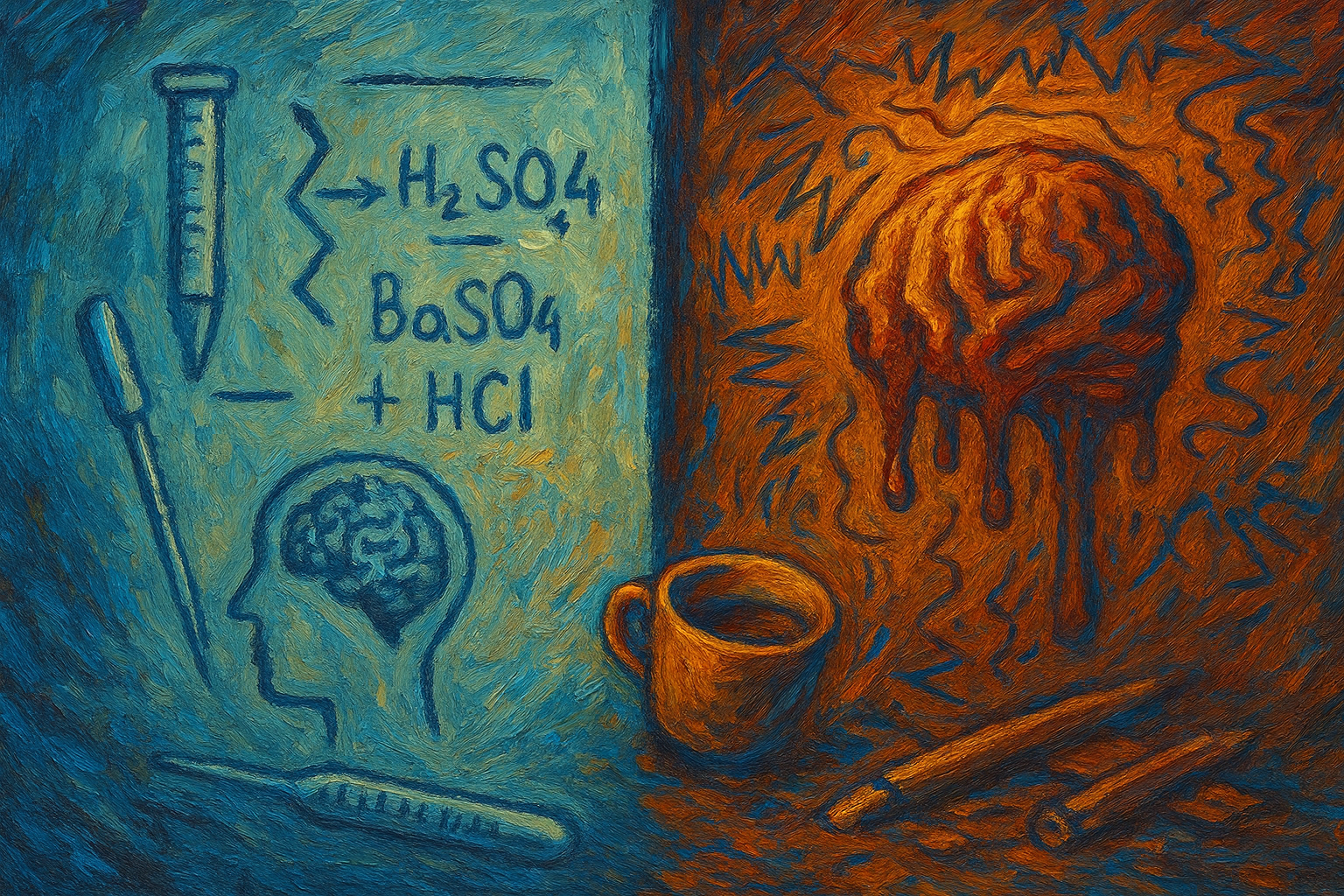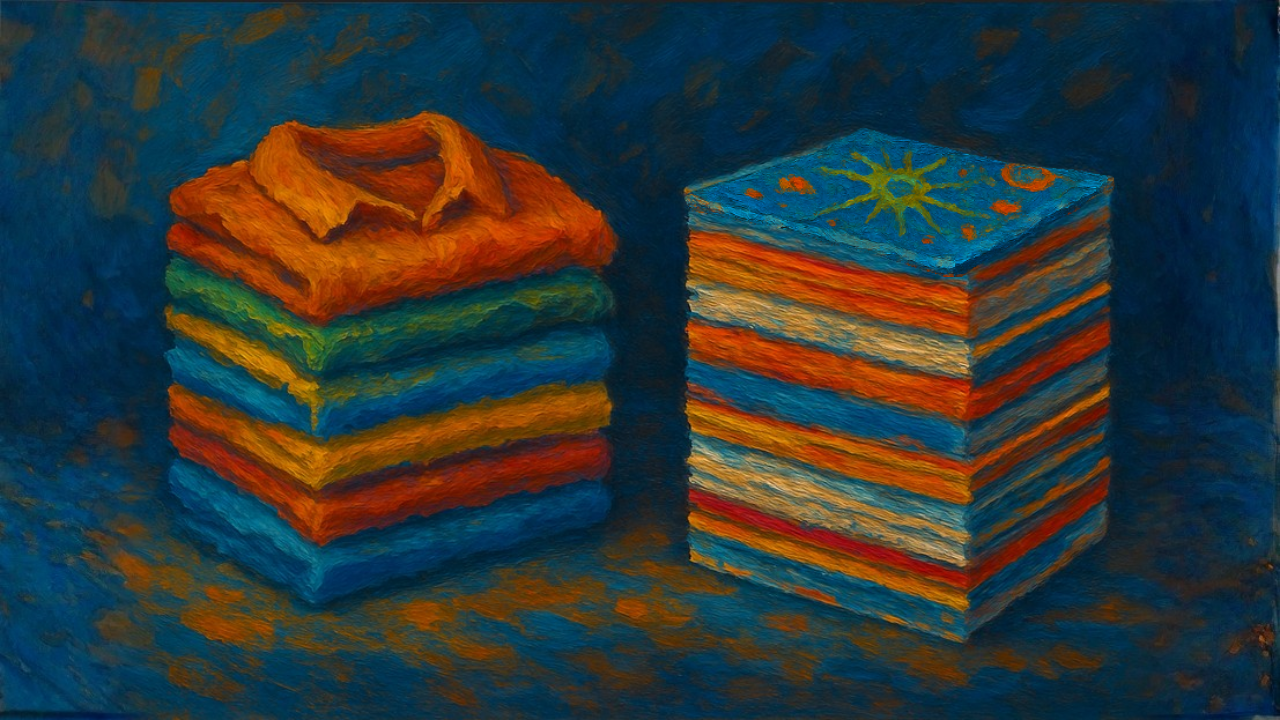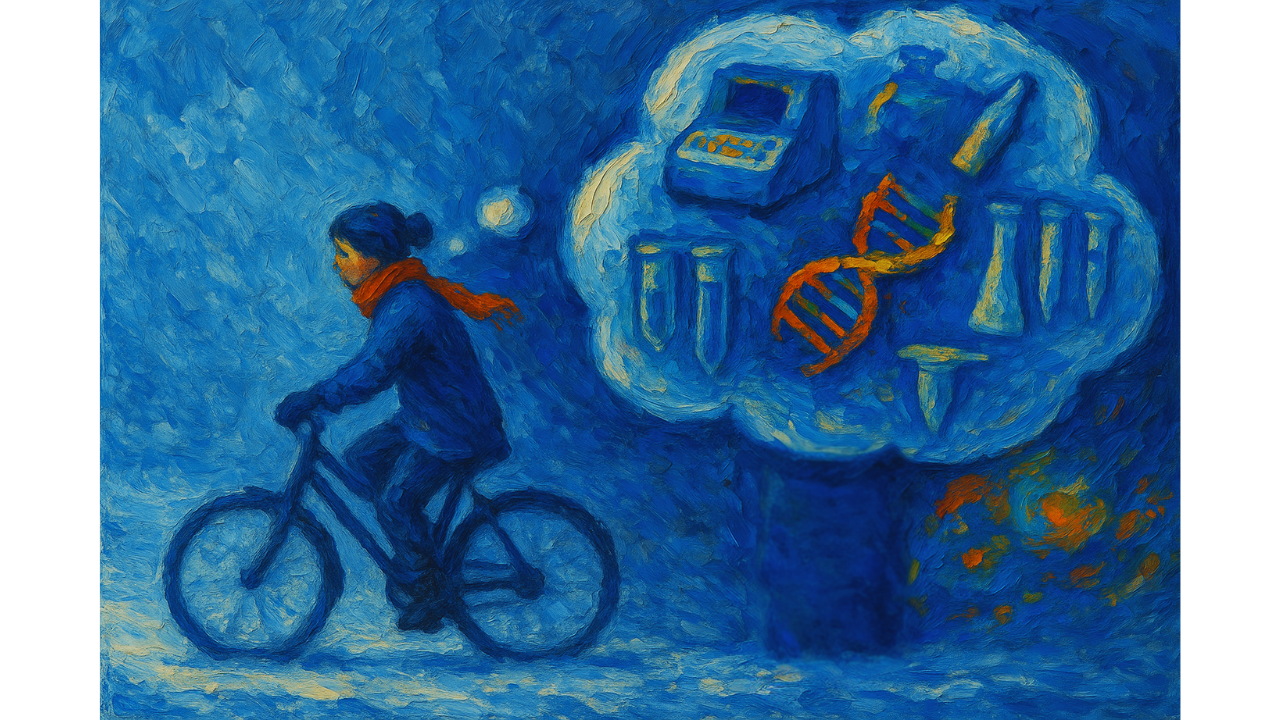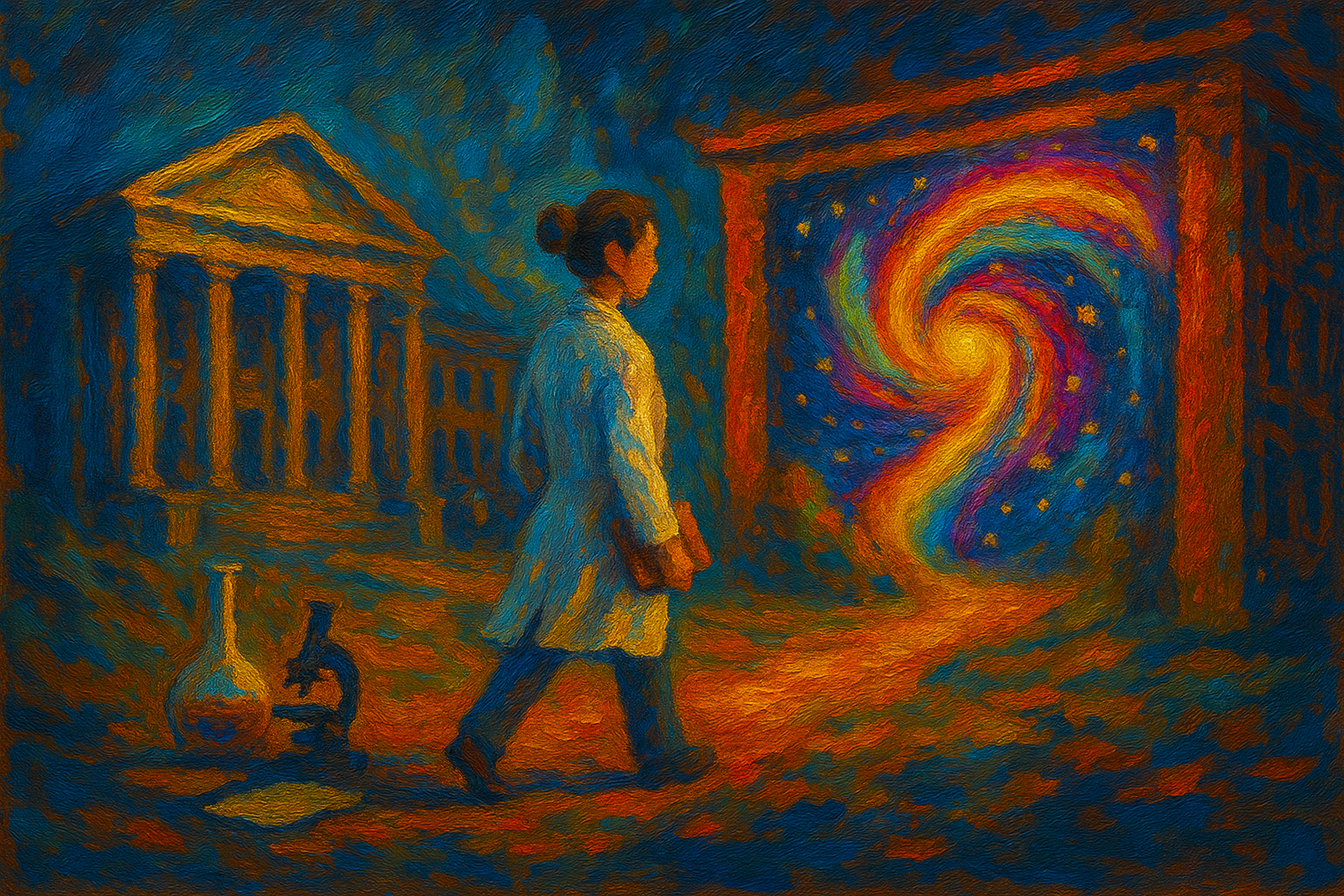
For most of human history, science has been communicated through the spoken word. Knowledge moved from person to person through oral storytelling and apprenticeship style training. Writing helped to fix ideas in time and allowed for greater reach. Science spread through personal correspondence and in-person gatherings. The invention of the printing press was the beginning of truly widespread knowledge distribution.









